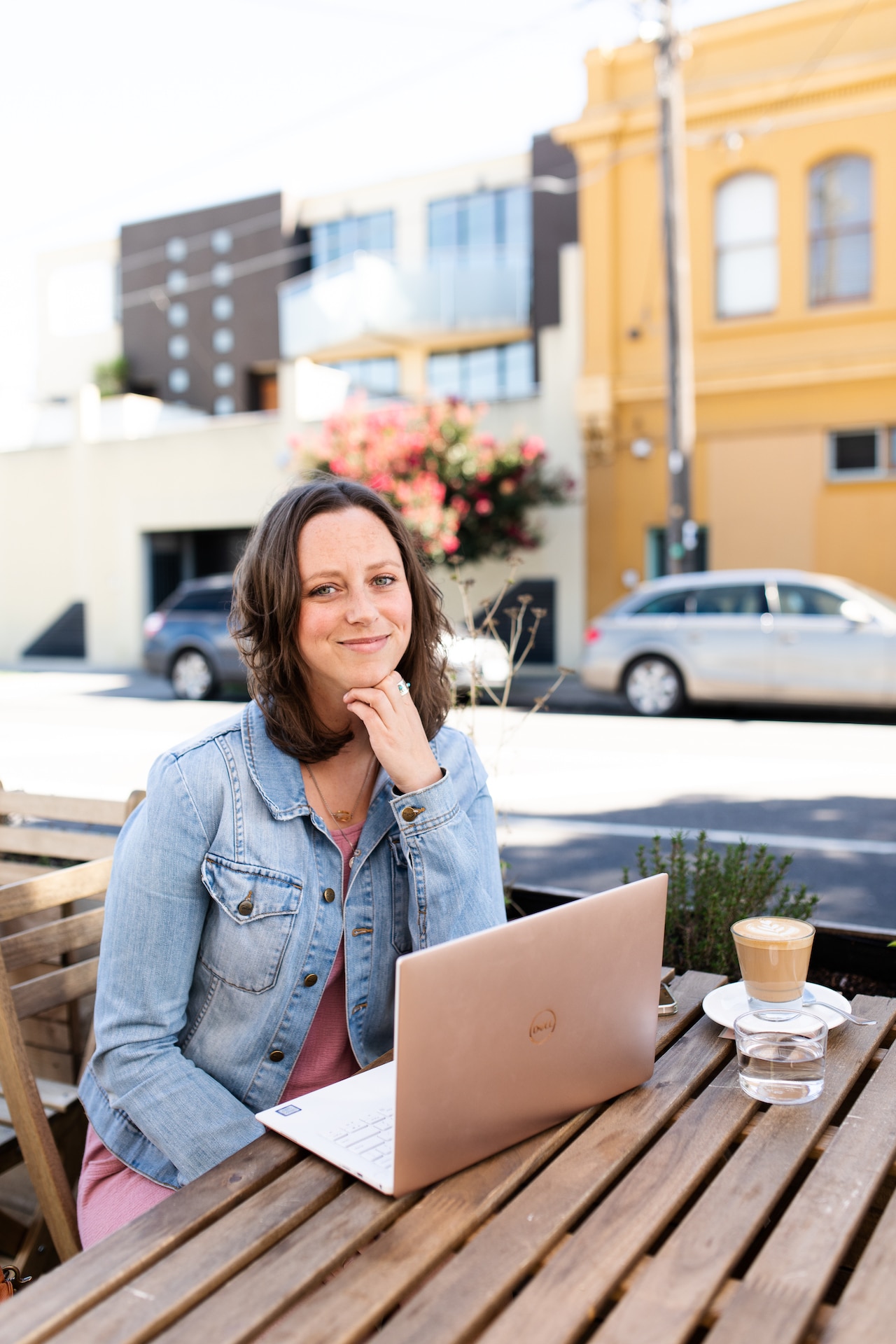Today I was reminded of the importance of taking a bird’s-eye view when problem solving. When given a problem, we often go about trying to break it down into little pieces with the hope of understanding it. However, sometimes this approach leaves us with pieces so small they fall through our hands and therefore prevent us from piecing together the important connections.
Looking at the problem from above can allow us to identify causes, key players, obstacles and implementation methods.
This is important because sometimes the problem we find ourselves with is a symptom of a much larger issue. Until we know whether it is a symptom or a cause, we can’t begin to solve it. I realised the need to look at a problem from above, only recently, when asked to help an organisation with their communications in Bangladesh. The CEO told me that the organisation wasn’t communicating and I needed to put a strategy in place to help the flow of information between staff members. The CEO requested I create policies and procedures to enforce communications in the organisation and to think of creative ways to engage staff.
I wasn’t convinced that no communication was taking place, so during my first few days I observed staff going about their work. People appeared to be working together and producing work. On the third day, I sat individually with the management team to find out more about their work and their responsibilities. I asked a series of questions, the last three being ‘do you think there are any communication problems in the organisation?’ ‘how do you communicate’, and ‘how often.’ The answers were no, telephone and daily.
This told me that communication was a symptom of a larger problem.
I recognised that the CEO felt there was no communication because she didn’t see any evidence of it – reports, emails and letters. This was because staff were using their phones to coordinate and share information. Through observing and talking with staff it was clear work was being done, it just wasn’t being saved, collected or stored anywhere.
Instead of trying to think of ways to encourage staff members to record their communications, I took a step back and focused on their phone use. I asked myself, ‘why would they be relying on their phones when they have computers and other technologies at their disposal?’ Using phones was making the communication process longer and more difficult so there had to be a reason. I then took a further step back and asked myself ‘what is needed to share and store organisational information?’ The internet and a file server. I spoke with the IT department and asked them about their infrastructure set-up. It turns out their internet was a personal account that should only be running 3-4 users but instead was trying to support 50 odd staff members and so it was very slow and was always disconnecting. The organisation’s internal file server was full of viruses so information couldn’t be safely stored on it. This had been a problem for so long that staff members had adapted and found other ways to communicate and get their jobs done.
When I explained to the CEO that the problem was infrastructure not necessarily communications, they were shocked.
This is because we often aren’t used to looking at a problem from above. We’ve been told repeatedly to break down a problem into parts and there we will find our answers. But in my experience this isn’t always the case. Next time you find yourself with a problem and a seemingly simple answer, asked yourself if you’re addressing the symptom or the cause.
Featured image from Pixabay.





